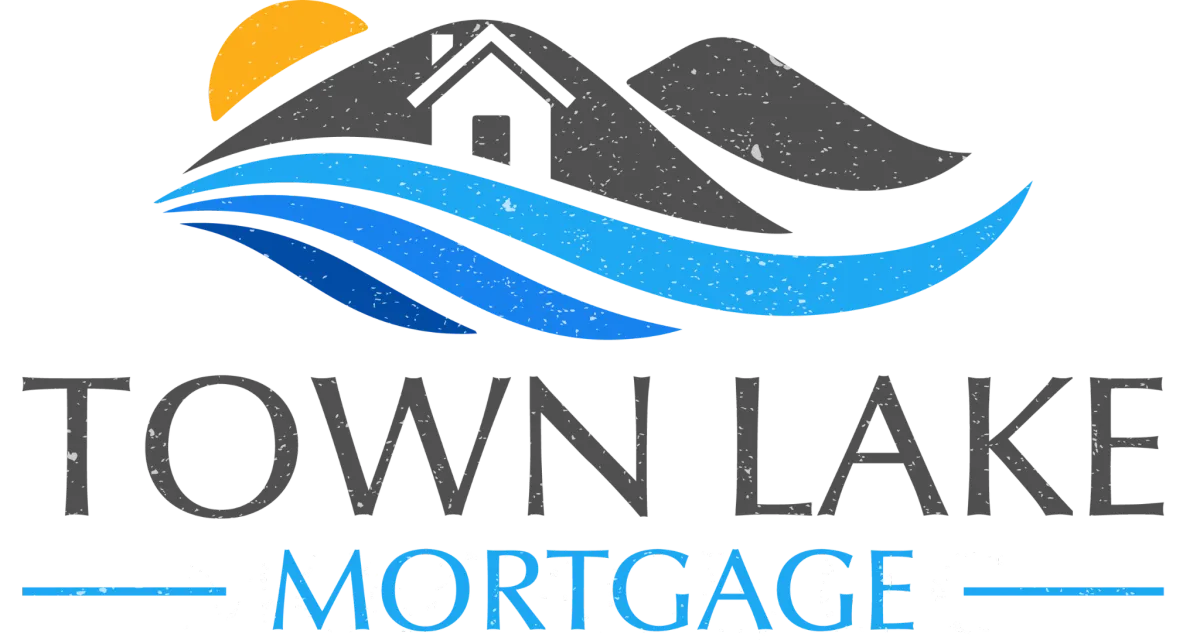Mortgage Basics
Refinance
What is mortgage refinancing?
Mortgage refinancing is the process of replacing your current mortgage with a new loan, typically to take advantage of better terms or interest rates. This can help lower your monthly payments, reduce the total interest paid over time, or change the loan term. Refinancing can be a strategic financial move for homeowners looking to improve their financial situation or achieve specific goals related to their mortgage.
Why would I consider refinancing?
There are several reasons to consider refinancing your mortgage. For example, you may want to lower your monthly payments by securing a lower interest rate, especially if rates have decreased since you took out your original loan. Refinancing can also help you shorten the loan term, potentially saving you money on interest in the long run. Additionally, refinancing can allow you to tap into your home's equity for home improvement projects, debt consolidation, or other financial needs.
What are the costs associated with refinancing?
Refinancing a mortgage comes with various costs, including application fees, appraisal fees, origination fees, and closing costs. These costs can vary depending on the lender and the specifics of your loan. It's important to consider these costs when deciding whether refinancing is the right choice for you and to weigh them against potential savings or benefits.
How much does it cost to refinance?
Refinancing a mortgage typically incurs several costs, which can vary based on factors such as the loan amount, property location, and lender fees. Common expenses include application fees, appraisal fees to assess the property's value, and origination fees for processing the loan. Additionally, there may be closing costs such as title search fees, attorney fees, and taxes. These costs can amount to thousands of dollars. However, refinancing can also lead to long-term savings by securing a lower interest rate or reducing the loan term. It's important for homeowners to weigh these costs against potential savings to determine if refinancing is a financially sound decision.
Can I refinance if I have an FHA, VA or USDA loan?
Borrowers with FHA, VA, or USDA loans may be eligible to refinance their mortgages through specialized programs. These programs, such as the FHA Streamline Refinance or VA Interest Rate Reduction Refinance Loan (IRRRL), offer simplified refinancing processes with fewer requirements. Refinancing through these programs can help borrowers secure better terms or lower their monthly payments.
How long does it take to refinance?
The refinancing process can vary depending on the lender and the complexity of your loan. On average, it can take anywhere from 30 to 45 days from application to closing. However, factors such as the appraisal process, document verification, and underwriting can impact the timeline. Working with an experienced lender can help expedite the process and ensure a smooth refinancing experience.
What happens to my existing escrow account when I refinance?
When you refinance your mortgage, your existing escrow account may be closed, and any remaining funds may be refunded to you. Alternatively, the funds may be used to establish a new escrow account with your new lender. Your escrow account helps cover expenses such as property taxes and homeowners insurance, and your lender will provide guidance on how this process will be handled during the refinancing process.
Can I refinance my mortgage multiple times?
Yes, it is possible to refinance your mortgage multiple times. However, each time you refinance, you'll need to go through the application process and pay closing costs and fees. It's important to carefully consider the costs and benefits of refinancing each time to ensure it aligns with your financial goals.

Mortgage Basics
Refinance

What is mortgage refinancing?
Mortgage refinancing is the process of replacing your current mortgage with a new loan, typically to take advantage of better terms or interest rates. This can help lower your monthly payments, reduce the total interest paid over time, or change the loan term. Refinancing can be a strategic financial move for homeowners looking to improve their financial situation or achieve specific goals related to their mortgage.
Why would I consider refinancing?
There are several reasons to consider refinancing your mortgage. For example, you may want to lower your monthly payments by securing a lower interest rate, especially if rates have decreased since you took out your original loan. Refinancing can also help you shorten the loan term, potentially saving you money on interest in the long run. Additionally, refinancing can allow you to tap into your home's equity for home improvement projects, debt consolidation, or other financial needs.
What are the costs associated with refinancing?
Refinancing a mortgage comes with various costs, including application fees, appraisal fees, origination fees, and closing costs. These costs can vary depending on the lender and the specifics of your loan. It's important to consider these costs when deciding whether refinancing is the right choice for you and to weigh them against potential savings or benefits.
How much does it cost to refinance?
Refinancing a mortgage typically incurs several costs, which can vary based on factors such as the loan amount, property location, and lender fees. Common expenses include application fees, appraisal fees to assess the property's value, and origination fees for processing the loan. Additionally, there may be closing costs such as title search fees, attorney fees, and taxes. These costs can amount to thousands of dollars. However, refinancing can also lead to long-term savings by securing a lower interest rate or reducing the loan term. It's important for homeowners to weigh these costs against potential savings to determine if refinancing is a financially sound decision.
Can I refinance if I have an FHA, VA or USDA loan?
Borrowers with FHA, VA, or USDA loans may be eligible to refinance their mortgages through specialized programs. These programs, such as the FHA Streamline Refinance or VA Interest Rate Reduction Refinance Loan (IRRRL), offer simplified refinancing processes with fewer requirements. Refinancing through these programs can help borrowers secure better terms or lower their monthly payments.
How long does it take to refinance?
The refinancing process can vary depending on the lender and the complexity of your loan. On average, it can take anywhere from 30 to 45 days from application to closing. However, factors such as the appraisal process, document verification, and underwriting can impact the timeline. Working with an experienced lender can help expedite the process and ensure a smooth refinancing experience.
What happens to my existing escrow account when I refinance?
When you refinance your mortgage, your existing escrow account may be closed, and any remaining funds may be refunded to you. Alternatively, the funds may be used to establish a new escrow account with your new lender. Your escrow account helps cover expenses such as property taxes and homeowners insurance, and your lender will provide guidance on how this process will be handled during the refinancing process.
Can I refinance my mortgage multiple times?
Yes, it is possible to refinance your mortgage multiple times. However, each time you refinance, you'll need to go through the application process and pay closing costs and fees. It's important to carefully consider the costs and benefits of refinancing each time to ensure it aligns with your financial goals.
About Us
Town Lake Mortgage is your online resource for personalized mortgage solutions, fast customized quotes, great rates, & service with integrity.
NMLS: 2454803
Contact Us
About Us
is your online resource for personalized mortgage solutions, fast customized quotes, great rates, & service with integrity.
NMLS: 2454803
Contact Us

